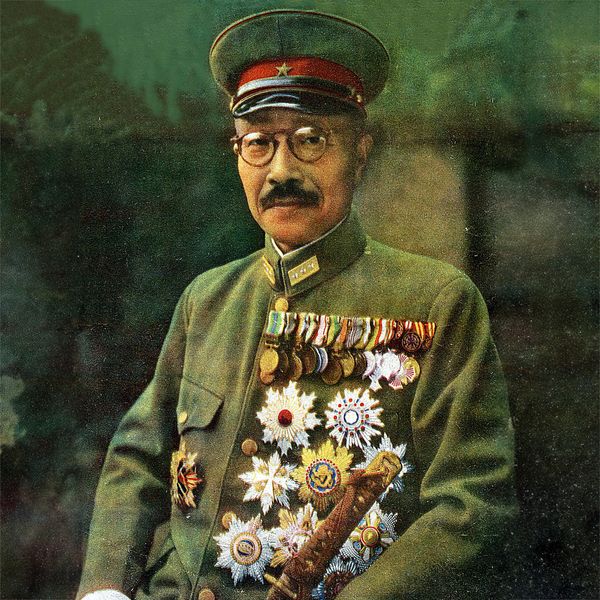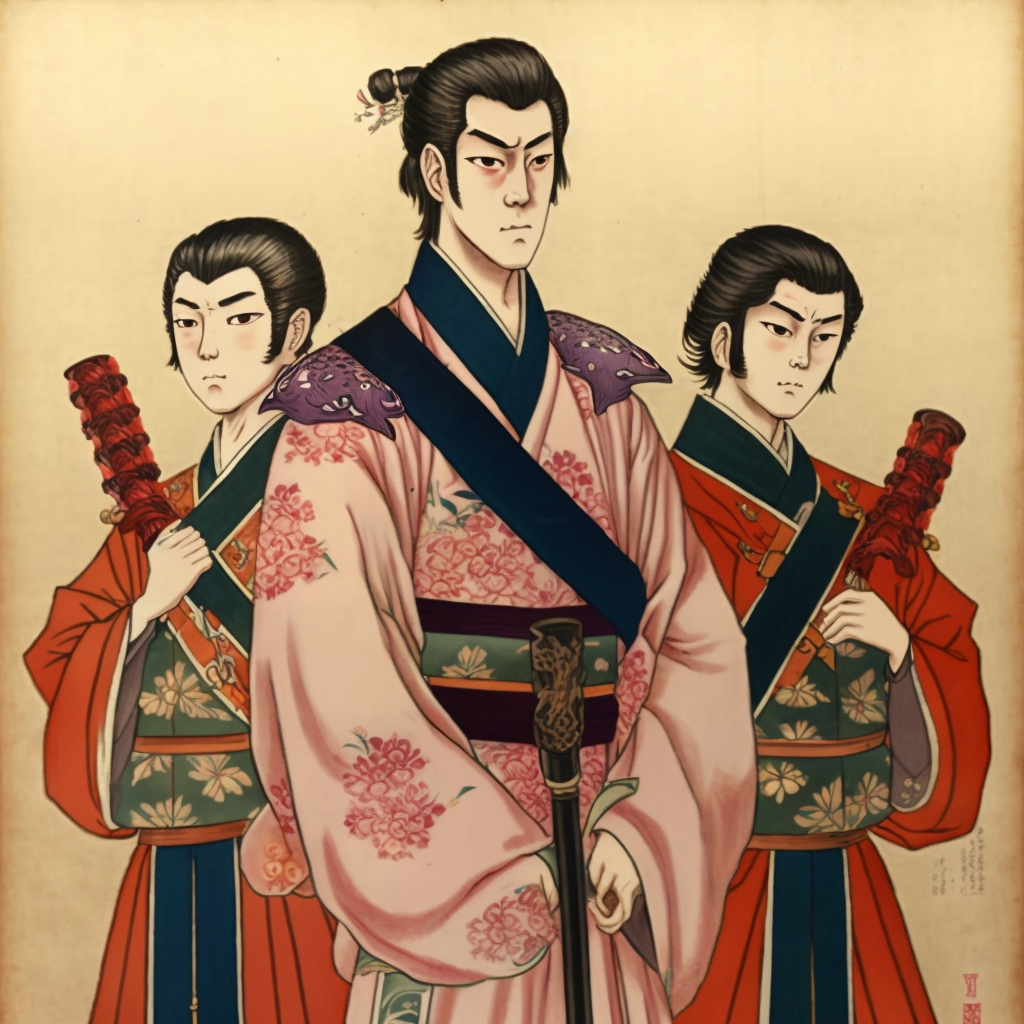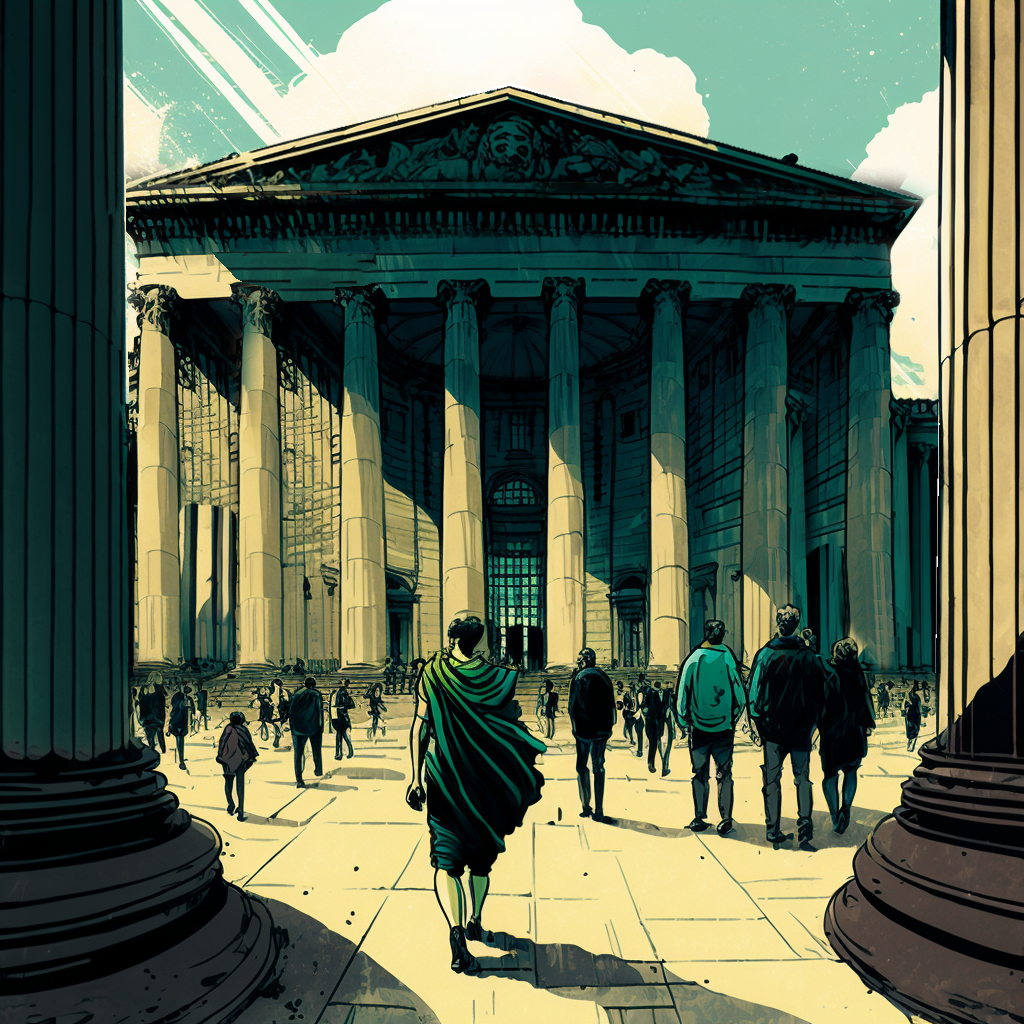Hideki Tojo remains a prominent figure in Japanese and world history, best known for his leading role in World War II. This article explores in detail his biography, his influence on world events of the time, as well as his enduring historical legacy.
Biography:
Hideki Tojo, born on December 30, 1884 in Tokyo, was a Japanese career soldier and statesman. He embarked on the military path from an early age, joining the Imperial Japanese Army Academy in 1904. His progression through the military hierarchy was rapid, marked by his participation in various military campaigns and his rise to the post of general.
Key role in WWII:
Tojo achieved international fame as Prime Minister of Japan from 1941 to 1944. Under his leadership, Japan took decisive actions that had a major impact on the course of World War II. He was the architect of the attack on Pearl Harbor in December 1941, marking Japan’s entry into the war against the Allied powers. Tojo also oversaw Japan’s aggressive expansionism in Asia, which led to the occupation of vast territories and atrocities such as the Nanjing Massacre in 1937.
Decline and Post-War:
However, Japan’s military setbacks and deteriorating economic situation eventually led to Tojo’s resignation in 1944. After Japan’s surrender in 1945, he was arrested, tried and convicted for war crimes and crimes against the humanity by the International Military Tribunal for the Far East. Tojo was executed in December 1948.
Historical Legacy:
Hideki Tojo’s legacy remains complex and controversial. On the one hand, he is often seen as one of those responsible for Japan’s brutal actions during the war, and his name is associated with considerable suffering. On the other hand, his life and role raise broader questions about the motivations behind political and military decisions, as well as individual responsibility in global conflicts.
Conclusion:
Hideki Tojo embodies a tumultuous time in world history, where Japanese imperial ambitions had a profound impact on world events. Its key role in World War II, whether perceived as positive or negative, cannot be denied. Understanding his biography and his influence is essential to grasping the complexities of this period and to avoid repeating the mistakes of the past.
Sources:
- Drea, E.J. (2009). Japan’s Imperial Army: Its Rise and Fall, 1853-1945. University Press of Kansas.
- Hoyt, E.P. (1992). Japan’s War: The Great Pacific Conflict. McGraw-Hill.
- Jansen, M.B. (2002). The Making of Modern Japan. Harvard University Press.
- Toland, J. (1970). The Rising Sun: The Decline and Fall of the Japanese Empire, 1936-1945. Random House.



